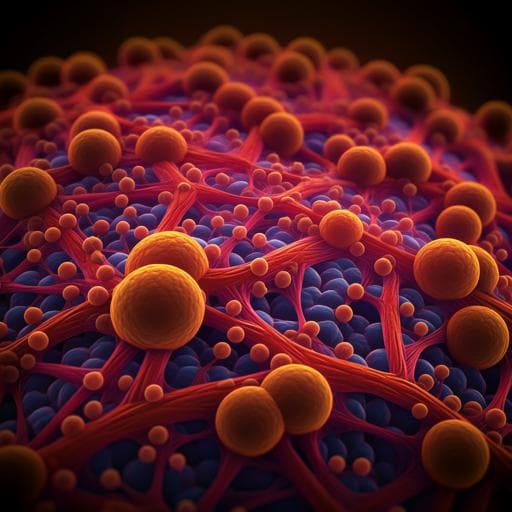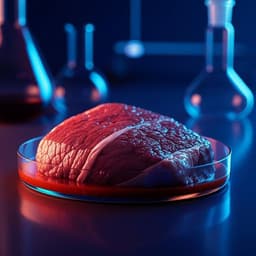
Food Science and Technology
Edible mycelium as proliferation and differentiation support for anchorage-dependent animal cells in cultivated meat production
M. Ogawa, A. S. Kermani, et al.
This exciting research, conducted by Minami Ogawa and colleagues, reveals that edible microcarriers derived from fungi can significantly enhance the growth and differentiation of muscle cells for cultivated meat production. With *Aspergillus oryzae* leading the way, this study opens new avenues in biotechnology and sustainable food production.
Related Publications
Explore these studies to deepen your understanding of the subject.







